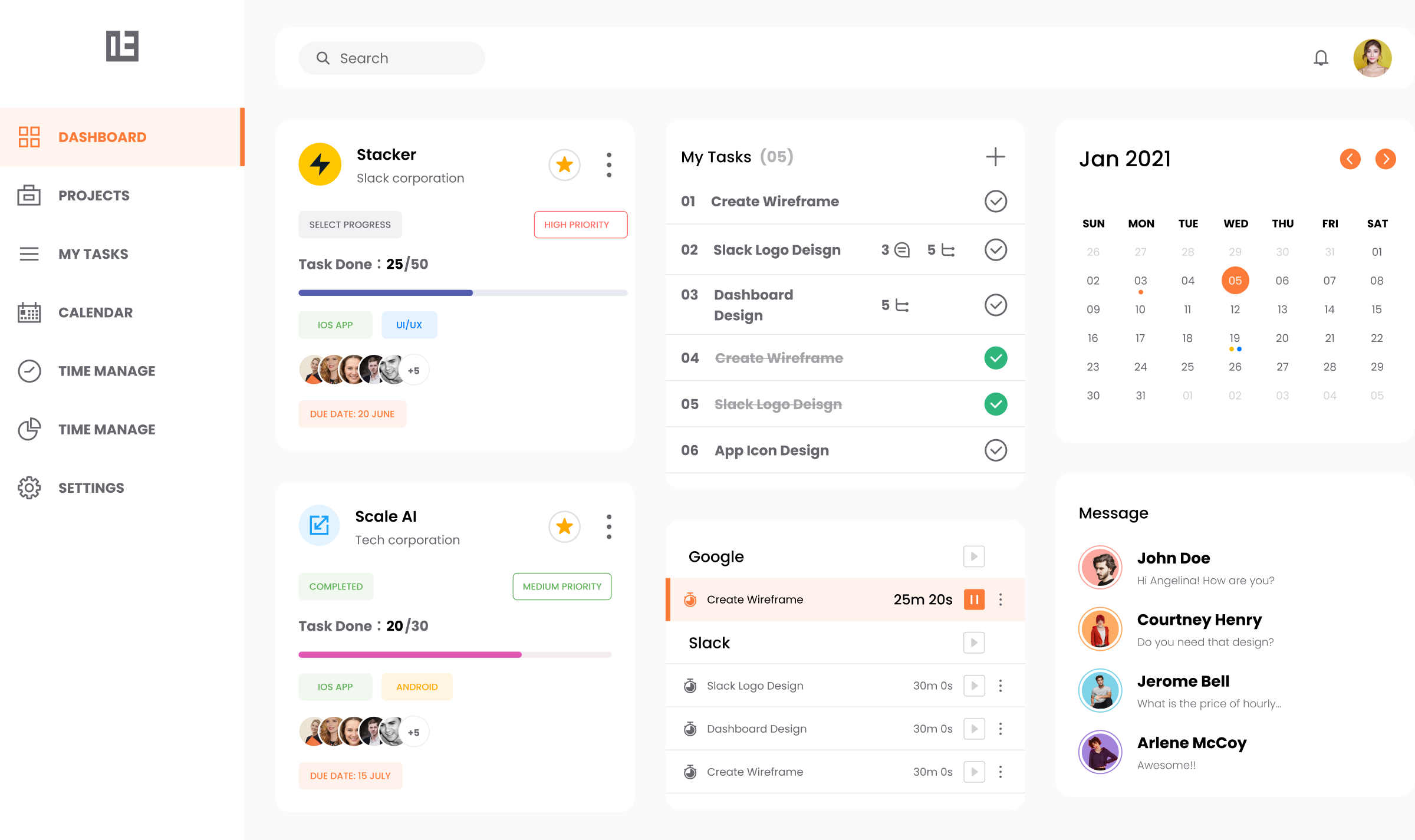Artificial Intelligence is having a ‘King Midas’ effect across industries. A key enabler for this transition will be the computing hardware. To handle demanding AI workloads, personal computers must be beefed up with high-performance processors. And PC makers are designing and manufacturing their hardware, including the motherboard, chassis, display panels, and other critical components for the AI era.
In a recent conversation on The Interface, Asus India’s VP for compute and gaming, Arnold Su, shed light on how AI is reshaping the PC market. Over the past 18 - 24 months, AI PCs have gained momentum, with India emerging as a significant market for this next generation of devices. What was once a premium feature is now inching closer to the mainstream, with predictions that AI PCs will dominate the market by the end of the decade.
“Think of it like the shift from feature phones to smartphones a decade ago,” said Arnold Su, Asus India’s VP for compute and gaming. “AI PCs are evolving similarly. In the next 3-5 years, we expect them to move from high-end users to budget buyers, becoming the new standard in computing.”
AI features in PC
Copilot capability, on-device data processing and enhanced battery life are key areas that set AI PCs apart from their traditional counterparts. This shift on-device processing offers enhanced data security as complex computations are handled locally, reducing reliance on cloud servers and minimizing the risk of data breaches.
These devices are also built to support AI tools that can be accessed when the user is offline. On battery life with AI-driven efficiency, users can expect 12-15 hours of usage, rivalling smartphone-like battery performance.
The shifting consumer landscape
The transition to AI PCs is gaining traction among premium buyers and gamers, who often upgrade for better performance. However, mainstream and entry-level users are slower to adopt, sticking to traditional PCs for basic tasks like word processing and web browsing. That’s expected to change as AI PCs become more affordable and accessible.
“We’ve seen gaming enthusiasts eager to upgrade as new titles demand better graphics and performance,” said Su. “But for students or casual users, the upgrade cycle is slower.”
Su also noted that this is bound to change as AI PCs will likely cater to all segment, not just the premium ones.
AI PCs and design innovation
AI PCs are also driving innovation in design with hybrid devices, from dual-screen laptops to convertible gaming PCs. These devices aim to be more versatile, supporting work, play, and everything in between.
“Our goal is to make PCs useful across scenarios,” said Su. “For instance, a convertible gaming laptop can serve as a lightweight work device during the day and a powerful gaming machine at night.”
PC market in 2030
AI PCs currently account for just 5-10% of the market, but this expected to soar to 70-80% in the next five years. By 2030, traditional PCs could become niche products, much like feature phones today.
As Asus and other manufacturers continue to build on AI-driven features and cutting-edge hardware, the PC market is poised for a transformative decade. “Eventually, AI will be in every PC,” said Su. “We won’t even call them AI PCs anymore. They’ll just be PCs.”
Published - January 10, 2025 03:29 pm IST








